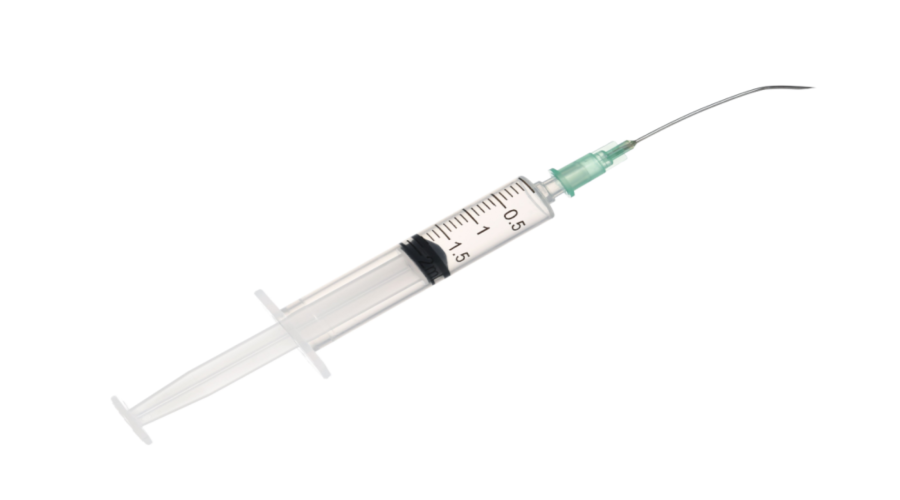As the Drug Supply Chain Security Act (DSCSA) continues to roll out through 2023, independent pharmacies have to adjust to the requirements gradually being put into effect each year. With an implementation period of 10 years, it can be difficult to keep up on the continual changes that may affect your pharmacy business.
New requirements oblige pharmacies to incorporate stricter processes of product vetting and verification, which affects the pharmacy’s operations, technology, and workflow. Knowing what changes are occurring throughout the supply chain in each phase of the DSCSA will ensure you’re prepared to adjust processes and respond efficiently without hiccups to your workflow. It will also prevent any legal ramifications for non-compliance to the law.
At this time, there is one major upcoming change independent pharmacies should be aware of: the requirement for product identifiers. This requirement was instituted for manufacturers in 2018 and wholesalers in 2019, and will be instituted for pharmacies in November 2020.
2019 Changes for Wholesalers
As of November 27 of this year, wholesalers can only accept pharmaceutical products from trading partners with a DSCSA-compliant product identifier, with a few exceptions. And they must verify with the manufacturer and repackagers the serial numbers of all returned pharmaceutical products intended for resale.
However, in response to a letter from the NCPA and requests from other industry stakeholders, the FDA has granted enforcement discretion on this requirement for 12 months. “NCPA is hopeful that the 12-month discretion period will provide sufficient time for upstream trading partners to implement the appropriate verification systems necessary to ensure efficient returns, and ultimately the continued patient access to their needed medications,” said Kala Shankle, director of policy and regulatory affairs at the NCPA.
Why do these obligations on wholesalers matter to your pharmacy? “The smooth implementation of verification systems between wholesale distributors and manufacturers will impact pharmacies’ ability to efficiently return saleable product to their wholesale distributor,” Shankle said. “The inability to return saleable product to wholesale distributors in an efficient manner could lead to a disruption in patient care, in addition to the destruction of millions of products that should be otherwise considered safe and effective medicine.”
Because your pharmacy’s returns could be affected by this change, it’s important to discuss with your wholesaler how the verification processes may impact your ability to return product, Shankle said.
Product Excluded From Product Identifier Requirements
- Blood or blood components intended for transfusion
- Certain radioactive drugs or radioactive biological products
- Imaging drugs
- Certain intravenous products
- Any medical gas
- Homeopathic drugs
- Drugs compounded in compliance with sections 503a or 503b of the FD&C Act
2020 Changes for Pharmacies
In 2020, it will be pharmacies’ turn to accept pharmaceutical products exclusively from trading partners with a DSCSA-compliant product identifier, with a few exceptions. Additionally, for products under suspect investigation, pharmacies must “verify the product identifier of the suspect product of at least 3 packages or 10 percent of such suspect product,” Shankle explained.
As verification requirements phase in under the law, you will have to increase your vigilance and adapt workflow. Paying attention to exemptions will be an important part of the process, Shankle said. Products don’t require an identifier if they are considered grandfathered or are subject to a waiver, exception, or exemption under the law. Pharmacies can get help identifying products with these classifications through FDA resources.
Even though the pharmacy requirement is a year away, pharmacies should start preparing now. Shankle suggested pharmacies familiarize themselves with what a DSCSA-compliant product identifier looks like and begin training staff on how to identify them. And there are always third-party companies that can assist in complying with the DSCSA. “Choosing a solutions provider that is right for your pharmacy’s specific needs is paramount,” Shankle said.
The FDA recently released a guidance with questions and answers to assist dispensers in complying to the product identifier requirements, which can be found on its website.
GS1 US, a not-for-profit global organization that develops supply chain standards, also published an implementation guideline providing a “simple, standardized lightweight messaging framework for asking verification questions and receiving information based on a check of the DSCSA Product Identifier and associated data—enabling the requestor to quickly determine whether to accept, reject, or quarantine the product in question,” according to the guide. Shankle noted that this framework may simplify the electronic messaging that happens in the background when a pharmacy requests product verification.
Looking Toward 2023
In all, by 2023 pharmacies will be confirming licensure of wholesalers; receiving and storing transaction data for six years; investigating suspect and illegitimate product; and only accepting products with the proper product identifier.
As you work to adjust to the requirements of the Drug Supply Chain Security Act, stay vocal about the challenges and don’t be afraid to seek help from outside organizations. “NCPA is always looking for community pharmacists to speak up about the challenges they face with the ongoing implementation of the DSCSA,” Shankle said. “We look to our community pharmacists to inform our efforts in front of the FDA and beyond.”
From the Magazine
This article was published in our quarterly print magazine, which covers relevant topics in greater depth featuring leading experts in the industry. Subscribe to receive the quarterly print issue in your mailbox. All registered independent pharmacies in the U.S. are eligible to receive a free subscription.
Read more articles from the December issue:
- This pharmacy does zero business with third parties and thrives
- How to master pharmacy inventory for a better bottom line
- Is your pharmacy neglecting this successful marketing strategy?
- Is durable medical equipment profitable for pharmacies?
- How to differentiate your pharmacy from the competition
- Learn the front-end sales strategy every retailer uses to boost revenue
- Here’s what patients have to say about brick-and-mortar pharmacy
A Member-Owned Company Serving Independent Pharmacies
PBA Health is dedicated to helping independent pharmacies reach their full potential on the buy-side of their business. Founded and owned by pharmacists, PBA Health serves independent pharmacies with group purchasing services, wholesaler contract negotiations, proprietary purchasing tools, and more.
An HDA member, PBA Health operates its own NABP-accredited secondary wholesaler with more than 6,000 SKUs, including brands, generics, narcotics CII-CV, cold-storage products, and over-the-counter (OTC) products — offering the lowest prices in the secondary market.












